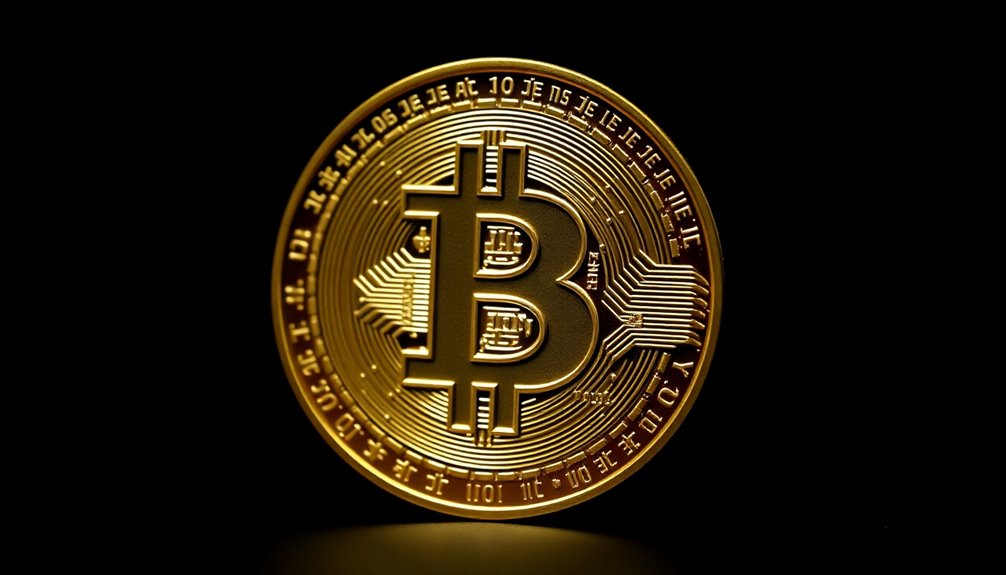You might be surprised to learn that recent emails have exposed Ripple's secretive efforts to undermine Bitcoin. These communications reveal how Ripple's executives have questioned Bitcoin's decentralization, particularly targeting its reliance on Chinese mining pools. By portraying Bitcoin as a centralized threat, Ripple aims to elevate XRP as a more decentralized option. But what does this mean for Ripple's credibility and the future of cryptocurrency regulation? The implications are significant and warrant closer examination.

As Ripple positions itself as a key player in the cryptocurrency landscape, it's quietly waging a campaign against Bitcoin, raising questions about its true intentions. You might be surprised to learn that Ripple has been accused of lobbying against a Bitcoin-only Strategic Reserve, opting instead for a diversified approach that includes XRP and other tokens. This strategy aligns with Ripple's broader ambition to promote central bank digital currencies (CBDCs) built on its infrastructure, casting a shadow over Bitcoin's role in the future of digital assets.
Ripple's lobbying doesn't stop there. The company has faced criticism for targeting Bitcoin mining and environmental concerns, while CEO Brad Garlinghouse defends these efforts as beneficial for U.S. innovation. You may find it interesting that Ripple's co-founder, Chris Larsen, has poured significant resources into political action committees that support specific candidates, which raises questions about the motivations behind Ripple's regulatory involvement.
Ripple's lobbying efforts target Bitcoin's mining issues, raising questions about its true intentions and regulatory motivations.
Leaked internal emails reveal Ripple's strategy to promote a narrative that Bitcoin is controlled by China. This "China FUD" tactic aims to highlight perceived centralization issues within Bitcoin while positioning XRP as a decentralized alternative. Executives have publicly questioned Bitcoin's decentralization, pointing to the influence of Chinese mining pools. Critics argue that these tactics amount to disinformation, undermining Bitcoin's reputation.
Ripple's focus on developing CBDCs further complicates the landscape. By launching a platform to assist in issuing these digital currencies, Ripple sees CBDCs as a critical growth area, challenging Bitcoin's potential role in a strategic reserve. Unlike Bitcoin's decentralized nature, CBDCs are centralized, which could reshape the cryptocurrency ecosystem to favor Ripple's agenda. Notably, Ripple's involvement is seen as a key challenge to the establishment of a Strategic Bitcoin Reserve.
In terms of technology, Ripple's CTO, David Schwartz, emphasizes Bitcoin's limitations when compared to newer blockchain projects. You might agree that the need for scalable and trustless bridging solutions is vital for enhancing Bitcoin's functionality. Ripple's XRP Ledger is often touted as a more efficient platform for transactions, although critics maintain that Bitcoin's scarcity and decentralization are its key advantages.
Finally, Ripple's involvement in shaping crypto-friendly regulations in the U.S. has significant implications for the entire crypto landscape. With a bipartisan approach aimed at influencing policy to benefit its interests, Ripple's regulatory efforts may prioritize XRP over Bitcoin.
As you follow these developments, it becomes clear that Ripple's hidden opposition to Bitcoin is more than just business strategy—it's a calculated campaign with far-reaching consequences.









